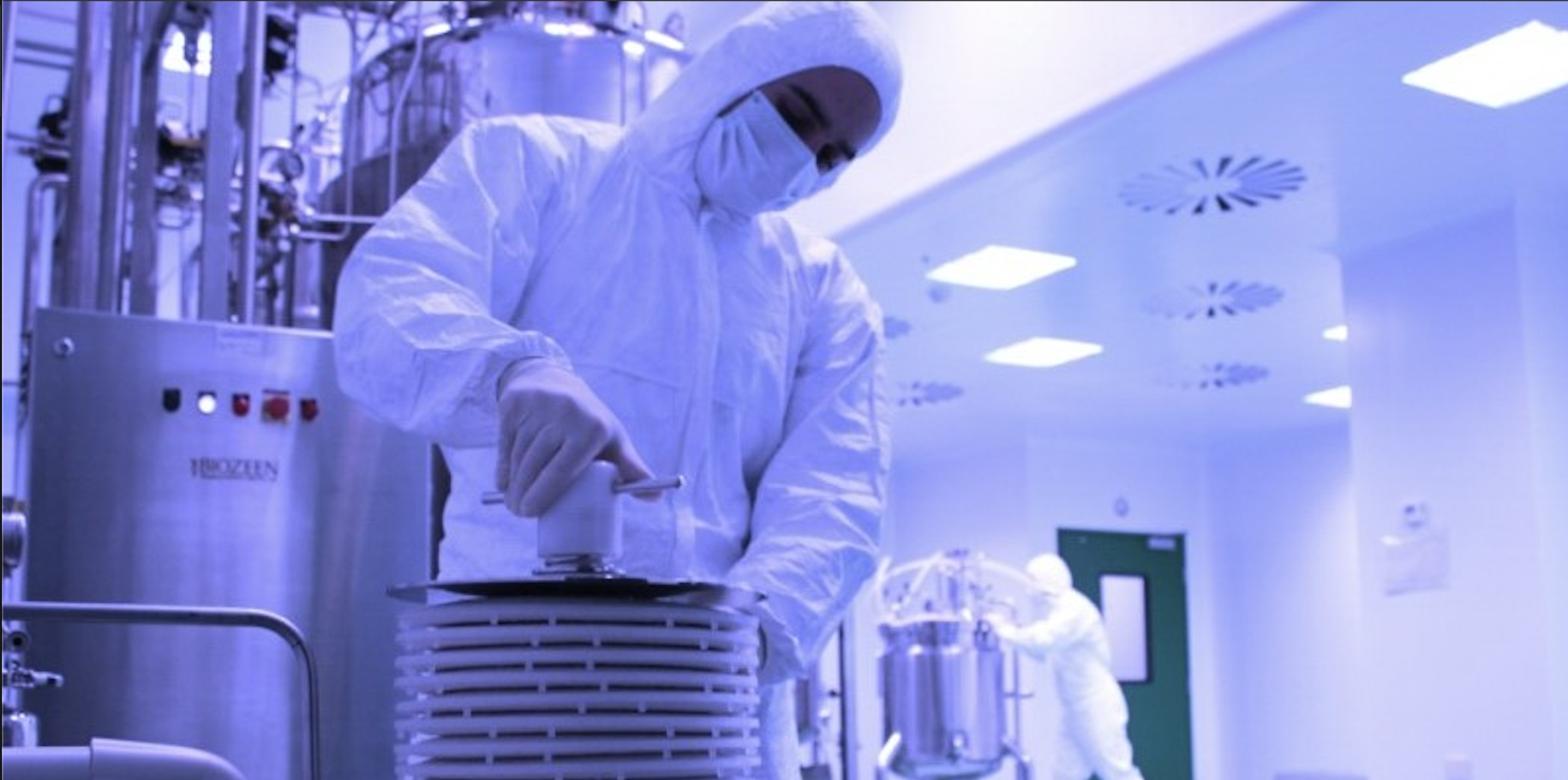
Title: Sanctions, Scarcity, and the Depressing Reality of Iranian Healthcare
When I visited Iran this summer, severe panic attacks, depression, and anxiety—longstanding byproducts of post-traumatic stress disorder—caused me to seek out a trauma therapist. After weeks of contacting Iranian pharmacies, hospitals, charities, and relief organizations, my prescriptions for Zoloft, Xanax, Ativan, and Clonazepam remained unfilled. Since the United States exited the Iranian nuclear deal (JCPOA) and imposed new sanctions, this kind of shortage has become commonplace.
Each pharmacist I sought out in Tehran bluntly told me there was no chance I could find antidepressants like Pfizer’s Zoloft. Even smugglers recommended by my physician claimed it was impossible to supply. Tehran is a city of eight million people, yet there was no access to this medication, which is readily available in the United States. Meanwhile, my condition worsened. I lost thirty-two pounds in three weeks and could barely get out of bed. I felt like I was dying. Returning to the United States saved my life.
Exporters of humanitarian supplies and banks overseeing humanitarian transactions have been punished with sanctions or are unwilling to support the trade of these vital goods. The United States Treasury Department has prosecuted medical companies in the past for selling even small quantities of medical supplies to Iran, and routinely threatens to exclude banks from the U.S. financial system that finance such transactions—hence my trouble finding Zoloft. Pharmaceuticals are a recognized humanitarian good under international law, and American sanctions have severely reduced their export to Iran. The State Department has called this claim a myth, but recent reports and my own experience prove otherwise.
Fear of reprisal by the U.S. government has proven effective in limiting Iran’s access to humanitarian trade. From September 2018 to June 2019, imports of medical supplies fell 60 percent to about $67 million. U.S. Special Representative for Iran, Brian Hook, insists that American sanctions do not target access to medicine; however, pharmaceutical exports from the United States to Iran have fallen around sixty-seven percent. The recent sanctions have also made it difficult for European countries to export medicine to Iran. French and Swiss pharmaceutical exports have fallen twenty-five percent and thirty percent, respectively. The Swiss pharmaceutical company Novartis warned that sanctions had “severely affected, if not fully ceased” access to life-saving medicine in Iran. This was announced in 2013, even before Trump administration sanctions were imposed and worsened the crisis.
The International Court of Justice (ICJ) ruled in October of last year that American sanctions illegally targeted humanitarian trade by making it “‘difficult if not impossible for Iran, Iranian nationals, and companies to engage in international financial transactions to purchase such goods.” The court ordered that the United States remove any impediments to the free exportation of medicines and medical devices. The United States, however, rejected the ruling, withdrew from the optional protocol of the 1961 Vienna Convention on Diplomatic Relations, and terminated its 1955 Treaty of Amenity with Iran. No longer bound by the ICJ, the Trump administration has continued a policy of harsh sanctions. As a result, lifesaving medicine in Iran has become expensive and scarce. From March 2018 to March 2019, the cost of health and medical services in Iran has risen by nineteen percent. The Iranian government has repeatedly labeled American policy as “economic terrorism.” Global powers such as the European Union, Russia, and China have also joined together to condemn American sanctions against Iran.
Sanctions rarely affect the regimes or governments they claim to target; it is ordinary people who experience the bulk of the pain, pressure, and suffering imposed by this draconian form of foreign policy. The Lancet, the world’s leading clinical oncology periodical, recently announced that sanctions against Iran cause a scarcity of vital drugs and a drastic increase in oncology drug prices (due to the plummeting value of the Iranian rial by fifty to seventy percent). The authors of the report noted that “chemotherapy drugs such as asparaginase, the leukemia treatment mercaptopurine, and even the basic painkiller paracetamol [ran] out of stock [last year], threatening the treatment of thousands of children.” Access to these medications has been significantly obstructed as a result of U.S. sanctions against Iran.
There is, however, a slim silver lining to this disheartening situation. In response to the current crisis, Iran’s domestic pharmaceutical industry has made important strides towards self-sufficiency. Almost ninety-seven percent of the country’s needed pharmaceutical doses are now provided by about a hundred local pharmaceutical companies. Iran has become a world leader in the production of generic drugs. Still, specialized medicine such as chemotherapy drugs can only be imported and remain inaccessible for average Iranians. Thirty-nine percent of the country’s “needs by value” still comes from abroad. Many Iranians still cannot access the medicine they need, especially cancer patients. Even the active ingredients necessary to make domestically produced medicine for conditions such as cancer, diabetes, heart disease, and multiple sclerosis cannot be found.
The United States should return to the humanitarian standard of the International Court of Justice and cooperate with allies to prevent harmful trade policies. America’s citizens must pressure their lawmakers for new policies; the international community must condemn the inhumane policies now in place.
The wellbeing of the Iranian people is at stake.
. . .
Younes Mahmoudieh is a researcher on Iran-West relations at UCLA under the guidance of Ambassador Hossein Mousavian. His articles have appeared extensively in Iranian media sources as well, including, but not limited to, Hamshahri Newspaper, Eghtesad News, Payvand News, Gooya News, and Khabaronline. His research, “The Nuclear Deal: A Crossroad or Deadlock in Relations with Iran,” was recently published by the International Studies Journal.